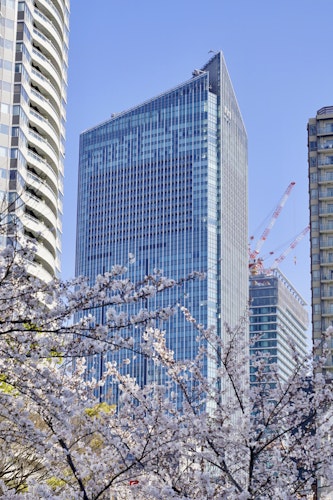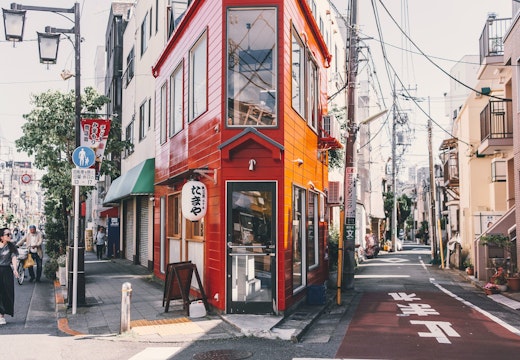Bursting the bubble: Japan’s office market set to contract
Ever-rising demand for office space in cities like Tokyo seemed to defy economic reality. But now Japan is set for a painful period of decline and readjustment according to a new study
The Japanese market for office space could contract sharply over the next 20 years according to new research from Tokyo’s Xymax Real Estate Institute, which predicts an end to one of the most visible signs of Japan’s ‘bubble’ economy.
Xymax studied both historic and current trends to compile its survey on the future of the office. Its researchers note that Japan’s ‘bubble’ economy drove ‘ceaseless expansion’ of small and medium-sized offices, a period of growth that was followed investors piling in to build large-scale offices.
Even when Japan entered a period of low growth and stagnation, the office building market remained relatively stable, fuelled by ever-rising demand and population influx in large cities like Tokyo.
The party’s over
Now, says Xymax, the party’s over. Japan’s declining birthrate and ageing population which is shrinking the workforce, the ageing of the office buildings themselves, and the rise of remote and teleworking after Covid-19 are all identified as factors likely to contribute to a decline in the number of office workers and the demand for Japanese workspace.
For the first time, Japan is facing up to rising vacancy rates and the need for a major overhaul of the system.
Looking ahead over the next 20 years, Xymax’s research singles out the evolution of AI as likely to radically change the nature of office work and reduce the need for space. By 2043, some unoccupied office buildings will have deteriorated to the extent that there will be a knock-on effect on the local environment. Occupiers will be much more selective in choosing which offices to lease; building owners and investors will consider their options.
Time to repurpose?
Xymax believes that, at the urban scale, Japan’s cities must begin a programme of renewal of the building stock in business districts, as only the highest-quality offices will be in demand and the rest will rot. These might fit in mixed-use developments alongside retail and residential. At the building scale, many owners will conclude that they must repurpose their offices for other uses.
The Xymax report asks the question: can offices remain as offices? In many prefectures of Japan, the answer will be no. For those who stick with the office business, rather than twist, it will be important to respond to the needs of tenant companies more than ever. It will also become important to provide amenities that cater not only to tenants but also to local residents and visitors. This may require new ways of thinking, such as cooperating with neighbouring building owners to help create unique area characteristics and build an area’s brand.
The spectre remains, however, of those unoccupied office blocks becoming an environmental hazard. Japan’s ‘bubble’ economy now feels like a distant memory.
Read the full Xymax report ‘The Future of the Office’, here.








